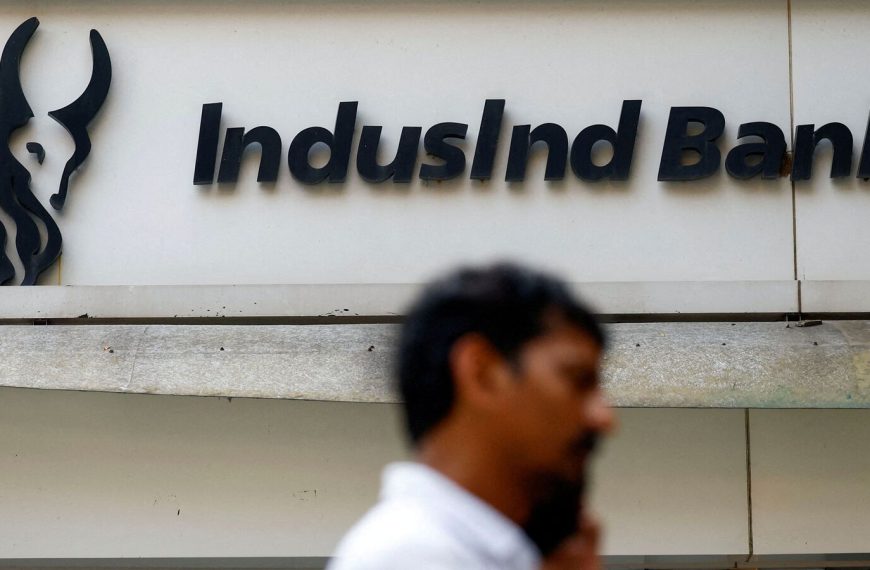In the face of ongoing geopolitical tensions with Pakistan, particularly following Operation Sindoor in response to the tragic Pahalgam attacks that claimed the lives of 26 civilians, the Indian stock markets have shown surprising resilience. Leading international brokerage firm Jefferies has recently shared insights into its investment strategy amidst these developments, emphasizing that while heightened tensions are possible, any resulting market corrections are expected to be brief.
Market Outlook Amidst Tensions
Jefferies has expressed caution regarding sectors closely linked to tourism under the current circumstances. They warn that an escalation in conflict could adversely impact tourism and high-risk stocks. However, they believe that any market downturn that follows such an escalation would likely be temporary.
- Key Insights from Jefferies:
- Negative outlook on tourism-related stocks.
- Anticipates short-lived market corrections.
- Current adjustments in their model portfolio.
Adjustments to Investment Strategies
In light of these tensions, Jefferies has made strategic adjustments by reducing its investment weight in the tourism and real estate sectors. They have also adopted a cautious stance on industrials, citing concerns over vital industrial and infrastructure facilities near the India-Pakistan border. The brokerage notes that historical precedents suggest that while market corrections can occur, they tend to be short-lived.
- Current Positions:
- Underweight on tourism and property sectors.
- Underweight on industrial segments.
- Overweight on banking, non-banking financial companies (NBFCs), automotive, and telecom stocks.
The Possibility of Escalation
Jefferies is careful to highlight that the potential for increased tensions should not be dismissed. The Indian government’s ongoing military preparedness drills are indicative of the seriousness of the situation. Recent cross-border incidents, including ceasefire violations by Pakistan resulting in civilian casualties, underscore the volatility of the region.
Nonetheless, the brokerage draws parallels to prior instances, such as the Uri and Balakot surgical strikes, where responses from the Indian authorities were measured. This historical context leads Jefferies to conclude that any market correction resulting from heightened tensions is likely to be modest.
Conclusion
As investors navigate these uncertain waters, Jefferies’ insights provide a valuable perspective on the Indian markets’ resilience and the importance of strategic positioning. With careful consideration of geopolitical developments, investors can make informed decisions to weather potential volatility. For further insights, explore Jefferies’ top recommendations in the current market landscape.











